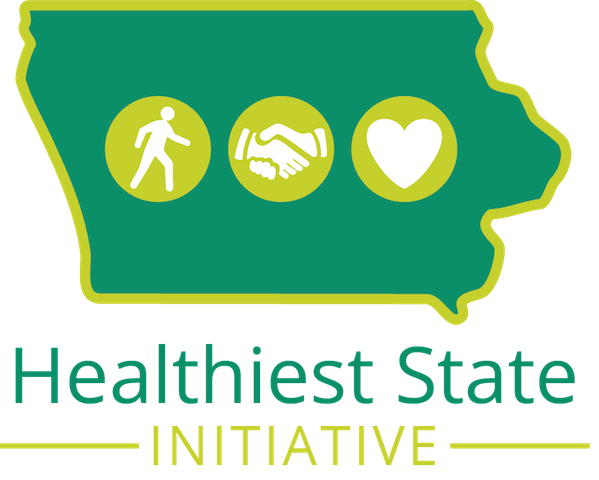Nina’s Story
Nina Richtman has spent many years educating herself on mental illness — so that she can now help inform others and breakdown the barriers of stigma.
Richtman always wanted to be a mother, but she struggled with infertility. Her two sons, 12-year-old Tyler and 11-year-old Cam, joined her family in 2011 through the foster care system. In 2012, Richtman officially adopted them and began putting structures in place to help them grow.
Both Tyler and Cam deal with mental illnesses, particularly post-traumatic stress disorder (PTSD), due to significant trauma during their time with their biological parents. It was hard for Richtman to gain their trust — it still is.
They are also hesitant to trust other adults, like teachers and authority figures, which can lead to erratic behavior. Richtman tries to explain this to the adults in her children’s lives, but that doesn’t mean they completely understand.
“There’s a perception that the behaviors they are choosing are conscious choices. That’s what I’m trying to educate people on,” Richtman said.
In some cases, Richtman brings mental health professionals to meetings at school to help explain why her children need to be treated with extra care and structure.
“Everybody has fight, flight or freeze responses. And a lot of my children’s behaviors happen when they are triggered by something, so they go into that survival mode,” Richtman explains. “It’s something they adapted early in their life to help them survive.”
The learning curve was steep for Richtman herself. In the first few years, she admits she struggled to find ways to help Tyler and Cam. But she desperately wanted to improve their lives, so she dived into understanding. She joined support groups, read online research and helped address their mental health struggles and negative behaviors.
“There’s just an added level of intensity for children with mental illness,” Richtman said. “The hardest part is remembering that it’s really hard for them, and they are trying the best they can. They are constantly worrying about what’s happening in their environment, and so it’s really hard for them to focus their energy on learning or trusting others.”
“There’s just an added level of intensity for children with mental illness ... they are trying the best they can.”
Last year, Richtman, now 38, started a new career as a mental health professional in the Greater Des Moines area. She’s the program manager with the National Alliance of Mental Illness in Iowa and has built a support group of parents and other professionals. She’s seen improvements in breaking down stigma. More people seem to understand trauma-informed care and there’s been a bigger conversation centered on mental illness in children.
For Richtman, finding a group of people with similar experiences has been crucial in her own understanding of her children’s struggles. Although the progress with her two children has been incremental, Richtman has hope for the future.
“I think we're on the right track,” Richtman said. “But I think they just have to reach a point maturity wise where they decide for themselves, they want to do the healing. And I'm pretty convinced that at that point, that's when they're going to see the real difference in their life.”



